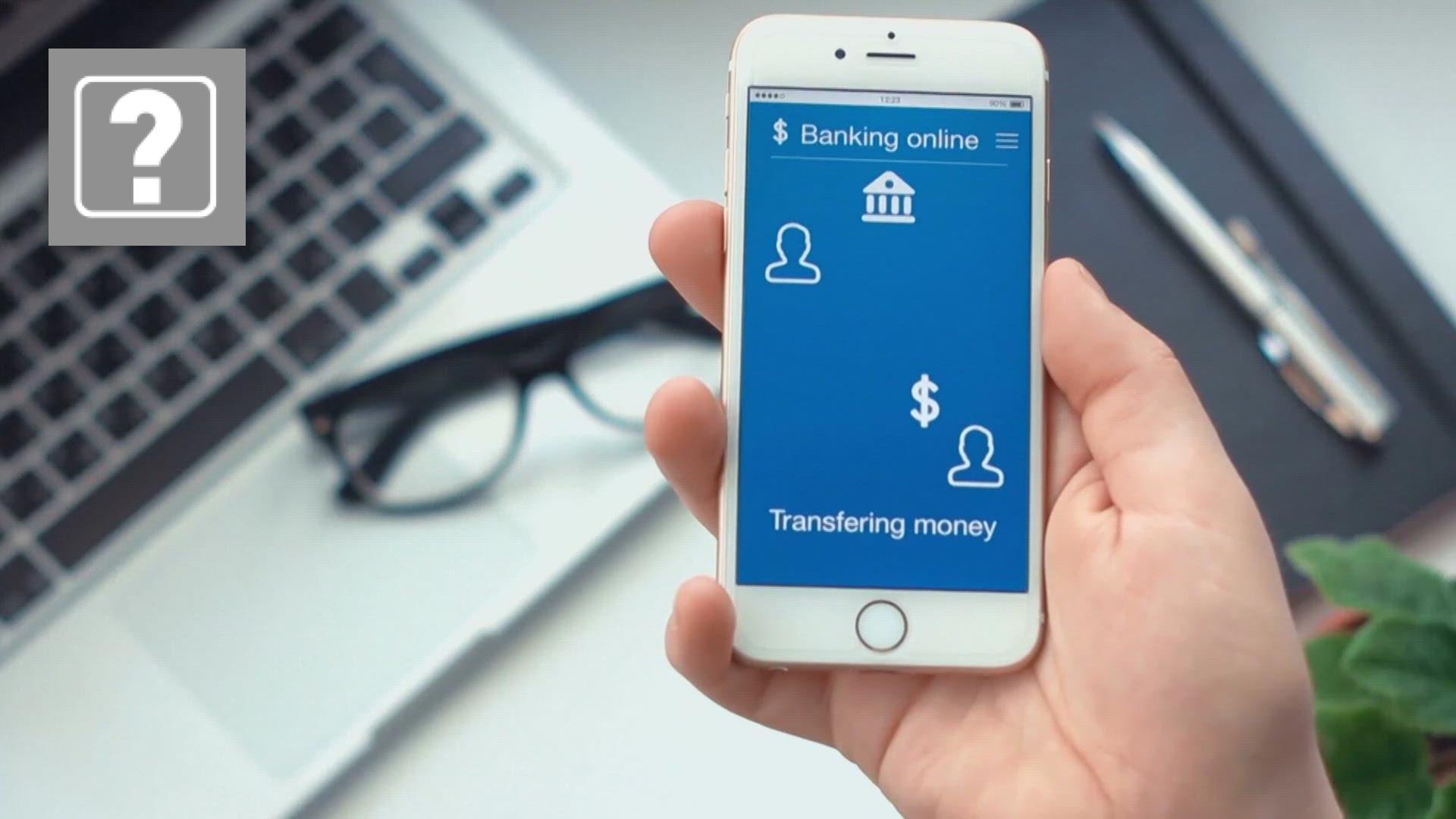CLEVELAND — With all of the things our phones are capable of doing, we want to keep you up to date on the how they can used against us to help you avoid being scammed out of money.
THE QUESTION
Today, we're VERIFYING: "Is it safe to enter *72 or **21 on your phone, followed by a phone number that's not your own?"
SOURCES
Our sources are:
- Bank of America's trending scams site
- KeyBank
- Verizon
- T-Mobile
EXPLANATION
Bank of America references entering *72 or **21 on your phone as one type of imposter scam. They say someone might ask you to do this in order to get access to your money, which you won't be able to get back.
Verizon's website says dialing *72 is the first step to setting up call forwarding. T-Mobile adds that dialing **21 is a shortcut code to do the same thing with their service.
So how can this be used to scam you out of money? Here's one way this could play out.
KeyBank describes a scam where someone might call you claiming to be from KeyBank and say there's an urgent problem with your account. They tell you to hang up and dial *72 plus a 10-digit number to secure your account.
Now you've set up all of your calls to go to that number, where they may be able to gain access to your username, password, and any authentication codes, which can be used to access your financial accounts and make transactions.
ANSWER
So we can VERIFY that if someone you don't know asks you to dial *72 or **21, it’s a scam.
ADDITIONAL INFORMATION
Never dial these numbers followed by a number you aren't familiar with. If you do, it's going to send all of your calls to that line, instead of your own.
If you do end up getting tricked, to turn call forwarding off on Verizon, you can dial *73. To turn it off on T-Mobile, you can dial ##21#.

